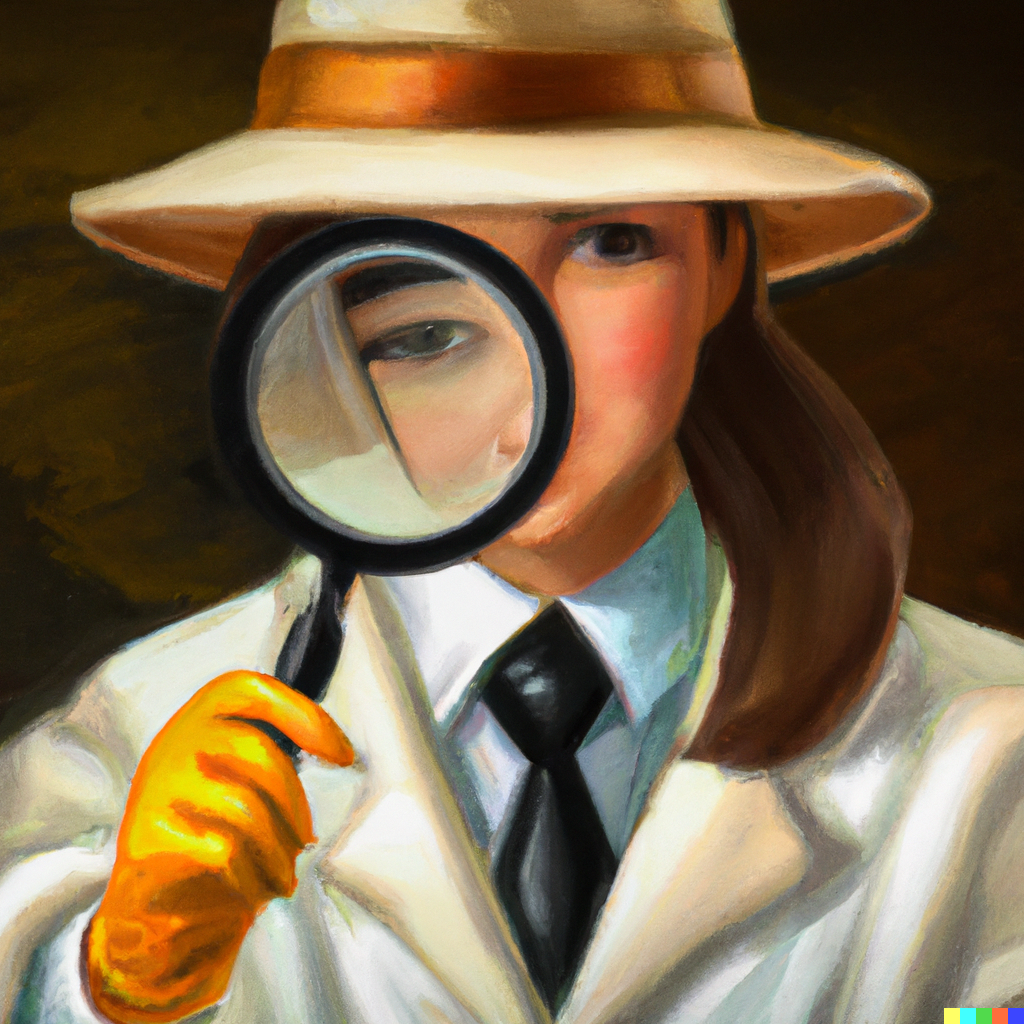Week 3: How do you form beliefs?
This week we’ll explore how we can be more truth-seeking and form accurate models of the world.
Overview
This week we’ll discuss how can be genuinely truth-seeking about the world, and some useful tools for forming more accurate beliefs.
The project of Effective Altruism is one that tries to get a clearer picture of the world in order to take actions which would improve it. Questions like “How many animals are suffering right now?”, “Which countries' culture is most likely to spread to others over the next 50 years such that efforts there will be multiplied”, and “How much can I reduce the chance of existential catastrophe this century” are questions about the world and what happens within it - rather than the questions about values we discussed last week. Getting as close to truth as possible for these questions is essential for figuring out how to actually have the impact we’re aiming for. If you need to decide which country to run a corporate cage-free campaign you need to ask questions like: “Which country has the most caged chickens?”, “Which countries companies are the most amenable to campaigning?”, “How much does it cost to run a campaign in this country?”.
But these questions are hard*.* Not only are we facing incredibly difficult questions but also people are plagued with bias, predictably overconfident, and prone to groupthink. There are also people who are systematically under confident and shy away from making guesses, for fear of being wrong. However there are people who have developed an impressive track record when predicting what will happen in the world. If they could overcome their biases and improve their thinking, maybe we can too.
Core Reading
Being curious and truth-seeking
Tools for thinking
Making Beliefs Pay Rent in Anticipated Experiences (Blog Post - 10 mins.)
Ten Commandments for Aspiring Superforecasters (Article - 10mins.)
Exercise (40 mins)
Please complete the programme “A Question of Evidence” on the website Clearer Thinking. This exercise helps practice using Bayes rule, a technique for working out how to update your views based on new evidence.

